Text: J Srikant
MVD Auto Components, the Delhi based manufacturer of switches, solenoids and sensors, has started operations in its recently built manufacturing unit at Noida. With this, the number of plants for MVD has gone up to 3; the other 2 plants are located in New Delhi and Gurgaon.
The Noida unit is the biggest of the 3 and is spread over an area of 1,300 sq yards. “We moved to this place because of space constraints at the other two plants and growing horizontally in Delhi has become extremely expensive. This will help us serve our customers better,” said Vimal Bhatnagar, Managing Director, MVD Auto Components. The Delhi plant, which is spread over 400 sq yards, will now only have the corporate office, R&D centre and some manufacturing activity.
The Noida plant has an initial capacity of 8,00,000 units per month. MVD till date was manufacturing nearly 2,00,000 units a month from its Delhi plant. The company’s 350 sq yard Gurgaon plant caters only to Transtar, it’s US based customer, to which it supplies automatic transmission solenoids. Bhatnagar hopes that this near four-fold increase in capacity will help them stay prepared and deliver products without any time lag when the promised ‘ache-din’ does come for the automobile industry. MVD plans to manufacture all its products from the new plant except the solenoids for automatic transmission which are at present manufactured only in the Gurgaon plant.
MVD claims to be one of the largest exporters of various auto-electrical parts and boasts of a long list of variants in switches, solenoids and sensors which are its core competency. It manufactures brake light switches, oil pressure switches, carburettor solenoid switches, battery cut-off switches, and automatic transmission switches; pressure senders/sensors, temperature senders/sensors, self solenoid switches, glow plugs, thermostat switches, speed sensors, carburettor switches, backup switches, engine solenoids, ignition switches, transmission solenoids, and miscellaneous solenoids. These devices have their application in all automotive segments, right from passenger cars and commercial vehicles to off-highway trucks.
The company, which sells its products under the brand name Fuji, has also diversified into the energy and power sector to mitigate the impact of the long-drawn slowdown in the automotive industry. Diversification into different sectors was one of the key strategies used by MVD to survive the slowdown. “We started providing solutions to the tractor industry as well around three years ago to cut the losses originating from passenger and commercial vehicle market,” said Vishal Bhatnagar, Director, MVD. Tractor segment was the only sector which was growing at a healthy rate.
MVD experienced nearly 20% shrink in its business during the last three years. This figure would have been much worse had it not been for the strong presence the company has in export markets. “Exports are doing well despite the fact that we are competing with China. In fact, we also export to China now,” Bhatnagar said. MVD exports to nearly 30 countries, primarily based in Europe and North America. The company has limited or no presence in Africa and the Middle East as it believes that quality requirements are much lower there with many other players exporting to these nations at a much lower price. Some of its international clients include prominent names like Solaris, Kamaz, Mitsubishi, Lister Petter, John Deere, and Transtar. In the domestic market it counts Maruti Suzuki, Ashok Leyland, Tata Motors, TAFE, Action Construction Equipments (ACE), Eicher, Escorts, Force Motors and the Indian Army as its major customers.
MVD generates 55% of revenue from OEMs, 40% from exports, 3 to 4% from defence and the rest from the aftermarket. Vishal said that exports and new segment scouting were the only ways to keep their bottom-line from sliding further down as MVD, principally being a build-to-print company, could not do much change in product specifications to reduce cost. However, it does streamline the manufacturing process by outsourcing work not in its core competency, which leaves MVD with assembly, calibration and testing.
Starting operations in 1993, the company claims many firsts to its name when it comes to switches and solenoids. It was the first Indian company to go for import substitution and supply carburettor solenoid switches as original equipment (OE) to Maruti Suzuki. This helped the automaker to cut costs handsomely with almost 90% reduction in the per-unit cost as compared to the imported product. It also was the first Indian company to import substitute radiator fan thermo switches and supply as OE fitment for Tata Indica. The switch, by controlling the ‘on and off’ cycles of radiator fan, kept the engine running at optimum temperature, leading to significant improvement in the fuel efficiency of the car. MVD has been supplying the part to Tata Motors ever since. However, the most cherished association that Bhatnagar recounts is with the Indian Army. It has been supplying temperature switches and pressure switches for the purpose of indigenising the Bofors gun since the late 90s, and still continues to do so.
MVD, which stands for Mata Vaishno Devi, is contemplating broadening its product portfolio by manufacturing certain products which are not being developed in India at present. “We might venture into oxygen sensor and a few other sensors very soon,” said Vishal. To keep its product top-of-the-ladder in technology and world-class in quality, the company is on the lookout for technical collaborations on a global platform. “We are looking at technical collaboration to get into new technologies, mainly in European countries, Japan or Korea, as it is these countries that have the latest technology. We are already in talks with one in Korea and one in Europe but nothing has been formalised yet,” Vishal informed.




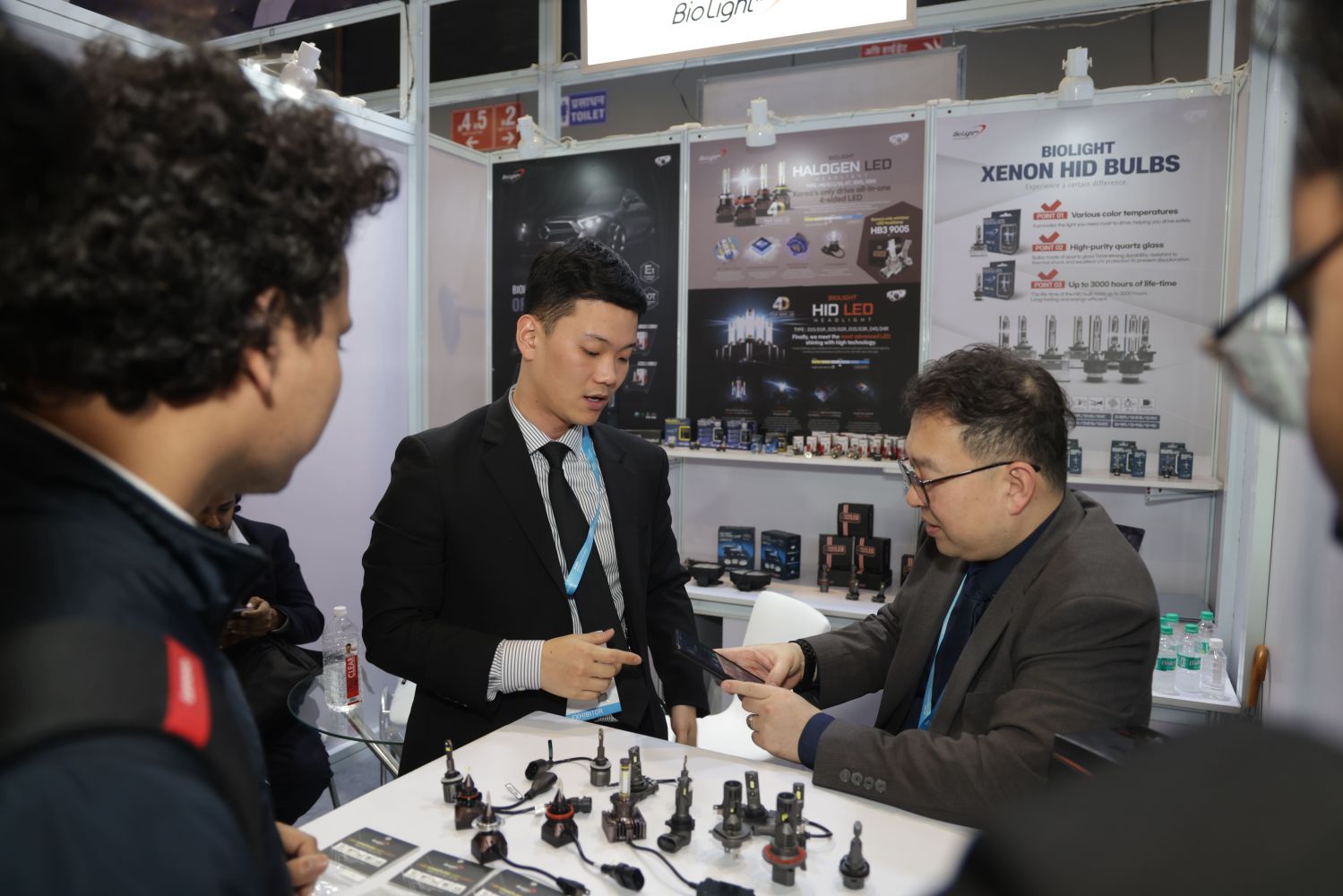
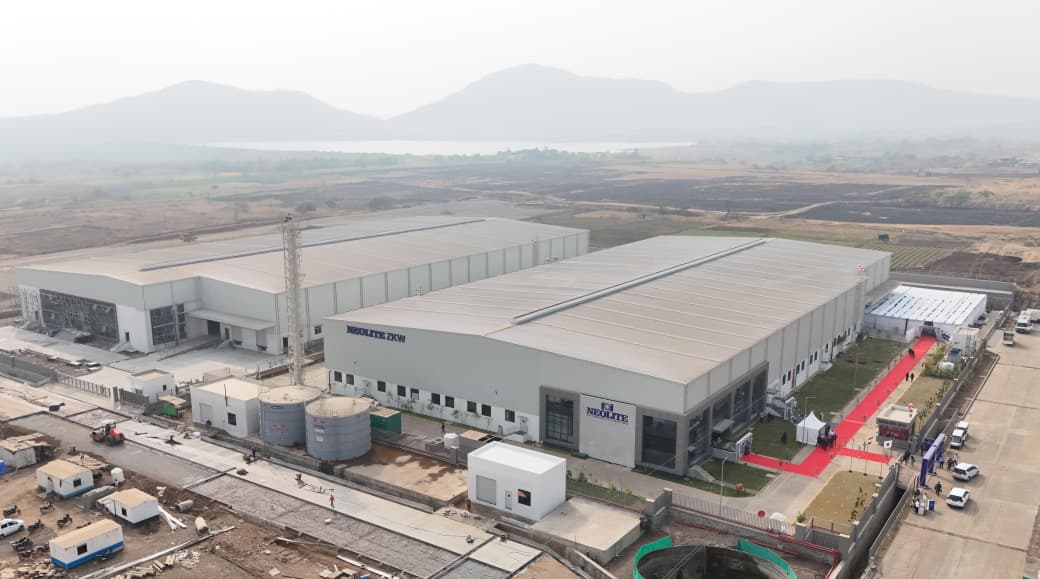
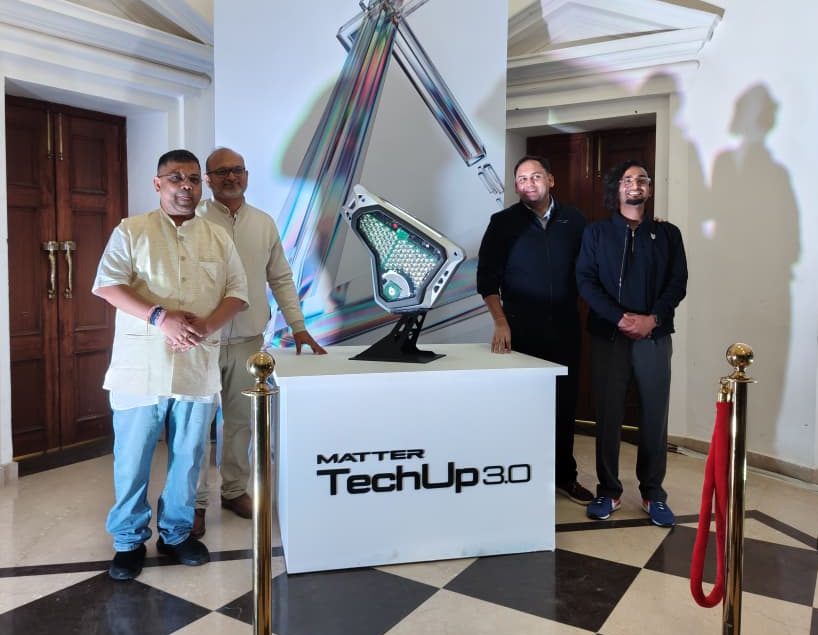
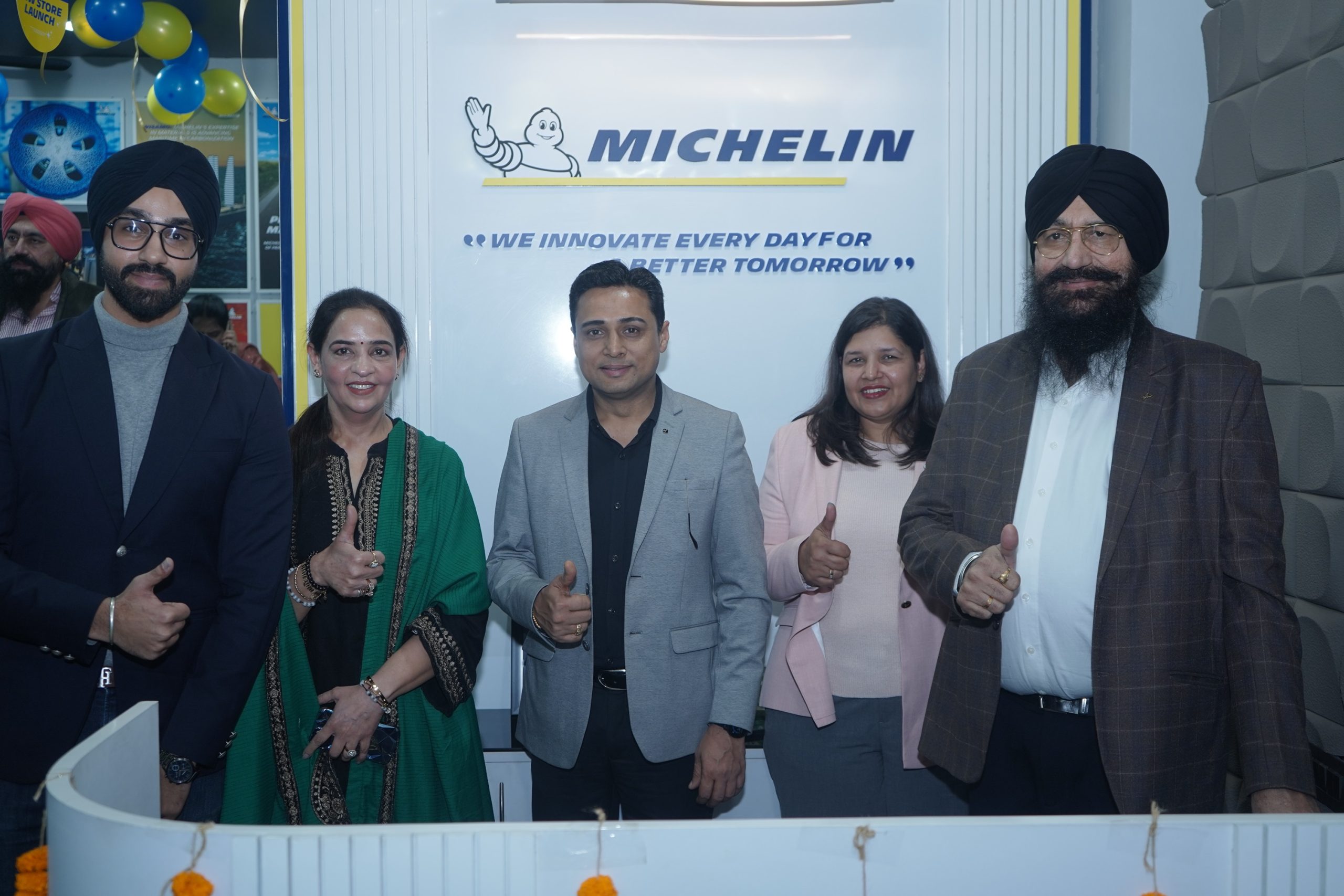
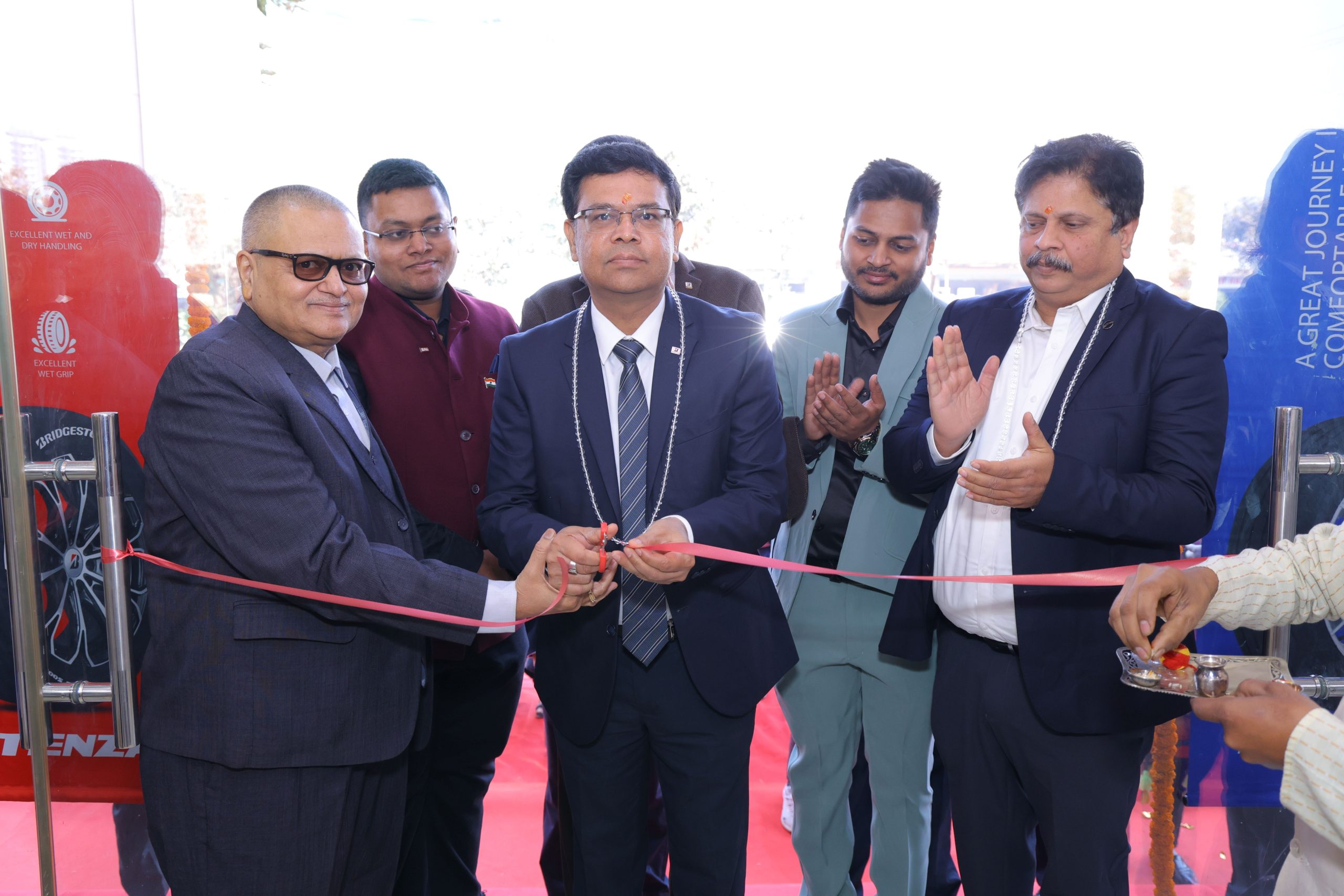
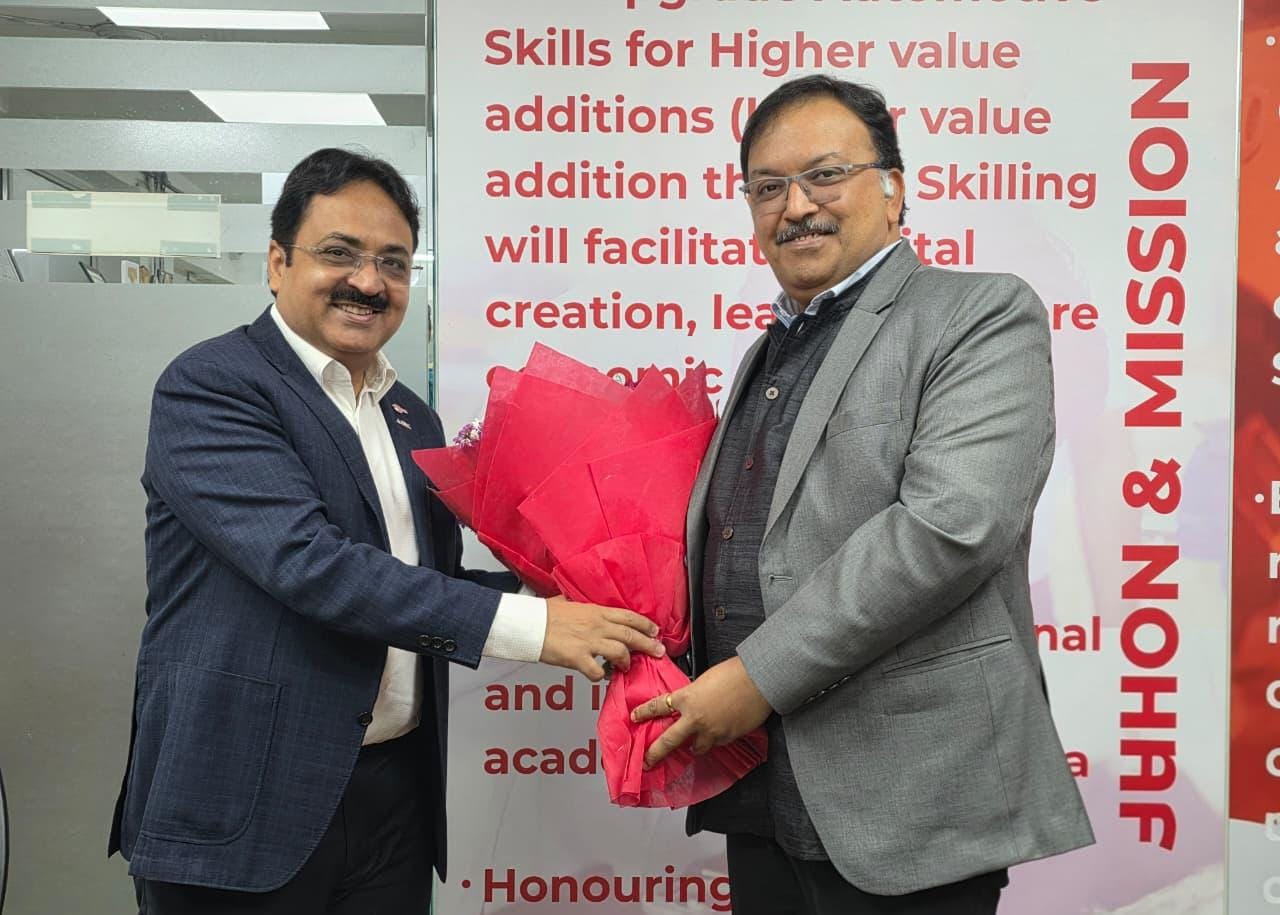



Leave a Reply